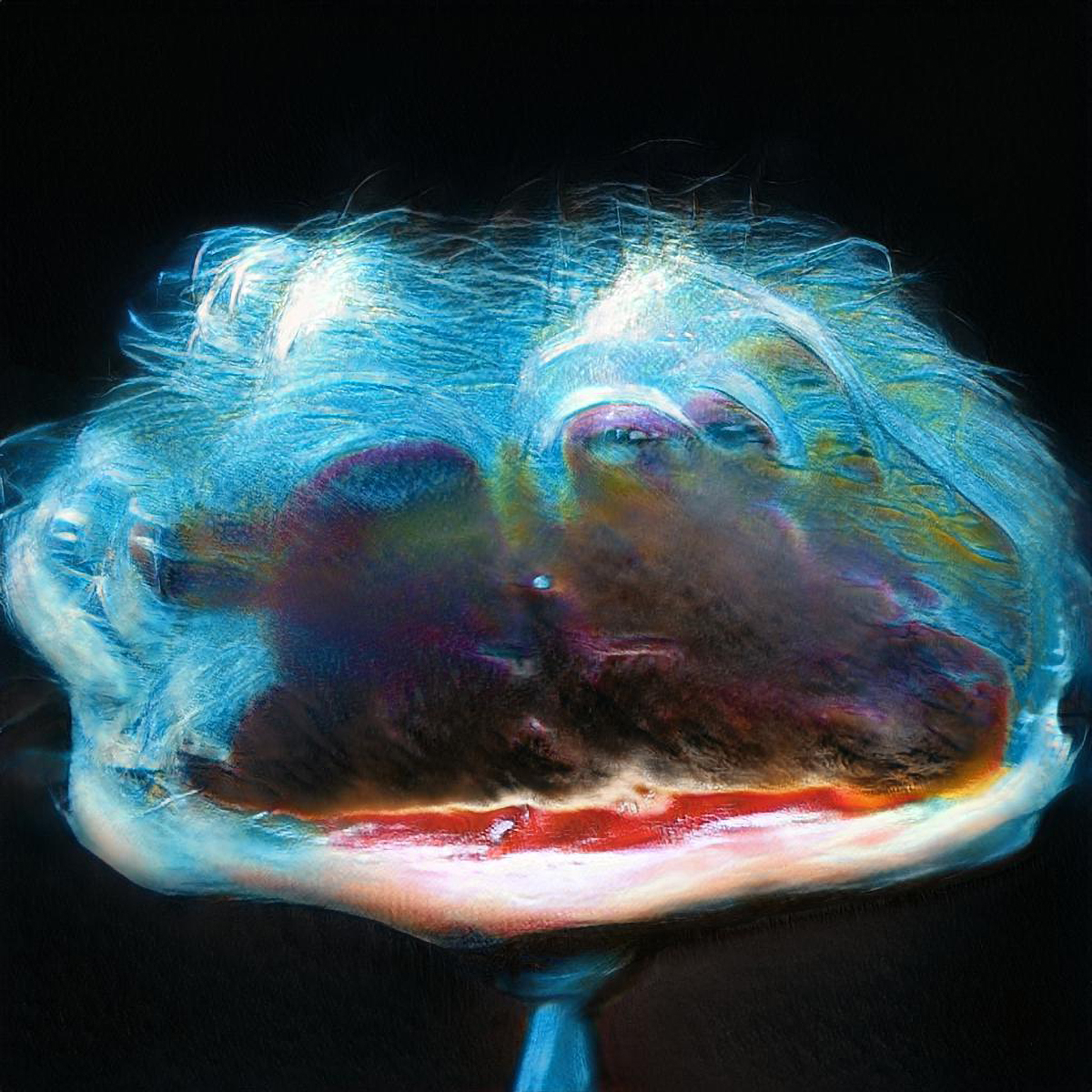Gradwatch 2020: Photographer Fabio Rovai, London College of Fashion
Posted in: UncategorizedWhile studying BA fashion photography at London College of Fashion, Fabio Rovai created photo series and fashion shoots that freely blend digital and analogue formats. In 2018, the Italian photographer even earned an endorsement from fashion designer Jonathan Anderson, who along with a panel of esteemed judges chose to feature him in an exhibition and book spotlighting photography’s rising stars.
Yet much of Rovai’s recent work extends far beyond the confines of traditional fashion photography, with his practice evolving to encompass photographic experiments with AI. While he thoroughly enjoyed his course – where he established close relationships with everyone from designers and stylists to tutors and industry leaders, he realised he wanted to stretch himself even further.

“I always researched unconventional aspects of the photographic practice, which led me to achieve more with fine art students rather than fashion students,” he tells us. He began to experiment with sculpture and primitivism, and it’s this “contamination” of disciplines that he says defines himself and his practice the most. Looking at his portfolio, it’s clear to see the cross-pollination.
The best piece of advice was given to him by his course leader Michiel Meewis: “Go for a digital outcome, that is the future.” Rovai was initially resistant, but he ended up adopting this mindset in his final year of study. “I was really focused on researching the work of Rosalind Krauss and Clement Greenberg and their idea of the medium (yes, I was trying to be the black sheep of photography, submitting pieces of sculptures for my deadlines),” he says. “I always thought about photography as a multisensorial experience, looking at sculptures and installations as my main medium. And then I found artificial intelligence. It was love at first sight.”

Rovai’s AI artworks place fashion photography in close dialogue with technology. His work with 3D human digitisation transforms fashion photos into sculpted models that resemble a waxwork or a candle figurine atop a wedding cake. Meanwhile his photographic experiments with GANs (general adversarial networks) have produced twisted images fit for Aphex Twin. With skewed proportions, contrasting textures stitched together and an overall aesthetic that tiptoes between beautiful and unsettling, the results feel like 2020’s answer to collage.
“I think I discovered a lot of myself working with AI,” Rovai says. “It has been an extension of my mind and my thoughts, allowing me to create really personal projects. It has always been hard for me to express my emotions, but collaborating with AI made it easy. Feeding the algorithm with images which provoke strong emotions generated representations of my feelings and my fears.”
Rovai is also aiming to demonstrate the “incredible potentiality of AI”, working with photographer and curator Jack Oat and data scientist Stylianos Kampakis to raise awareness around it. “We have a lot of points of contact and we are planning to push this concept further with a series of exhibitions and talks,” he explains.
Although most graduates are understandably keen to establish a ‘style’ early on, Rovai’s work is multifaceted, assuming different forms and focal points from one project to the next. “I always followed my heart,” he says of his approach to his work. “I do not think I have a signature style, it’s more a general aesthetic which comes from experience in the fine art industry.” Instead, he is driven by “a strong anarchy feeling. I always wanted to change and disrupt things.”


Of course, this year has been disrupted itself. “It was bad, really. We felt like university was finished six months earlier. It was crazy, I still regret thousands of things I could have done. And I miss the library a lot,” he says. “I will probably never get back to my old life, especially my old job as a gallery assistant, which I loved.
“However, I had time to research AI and new technology, taking a lot of online courses on the subject. All this free time was fundamental to understand all the technical skills I needed for my AI projects. I was teaching myself coding and calculus six-ten hours per day, reading papers non–stop.” During the pandemic, he has also been moved by the socioeconomic impact on northern Italy, and decided to create a project called Blastcorn to help sustainable businesses get to grips with AI.
Looking ahead, Rovai’s dream project would be to collaborate with a leading tech company such as Google and a prominent gallery like the Serpentine. In the long term, he wants to continue growing and sharing his learnings around tech through creativity, and ultimately live up to his belief that “art has a tremendous and unexpressed society-changing potential”.



Head here to see all our Gradwatch picks; fabiorovai.com; @rovaifabioartworks
The post Gradwatch 2020: Photographer Fabio Rovai, London College of Fashion appeared first on Creative Review.




Post a Comment